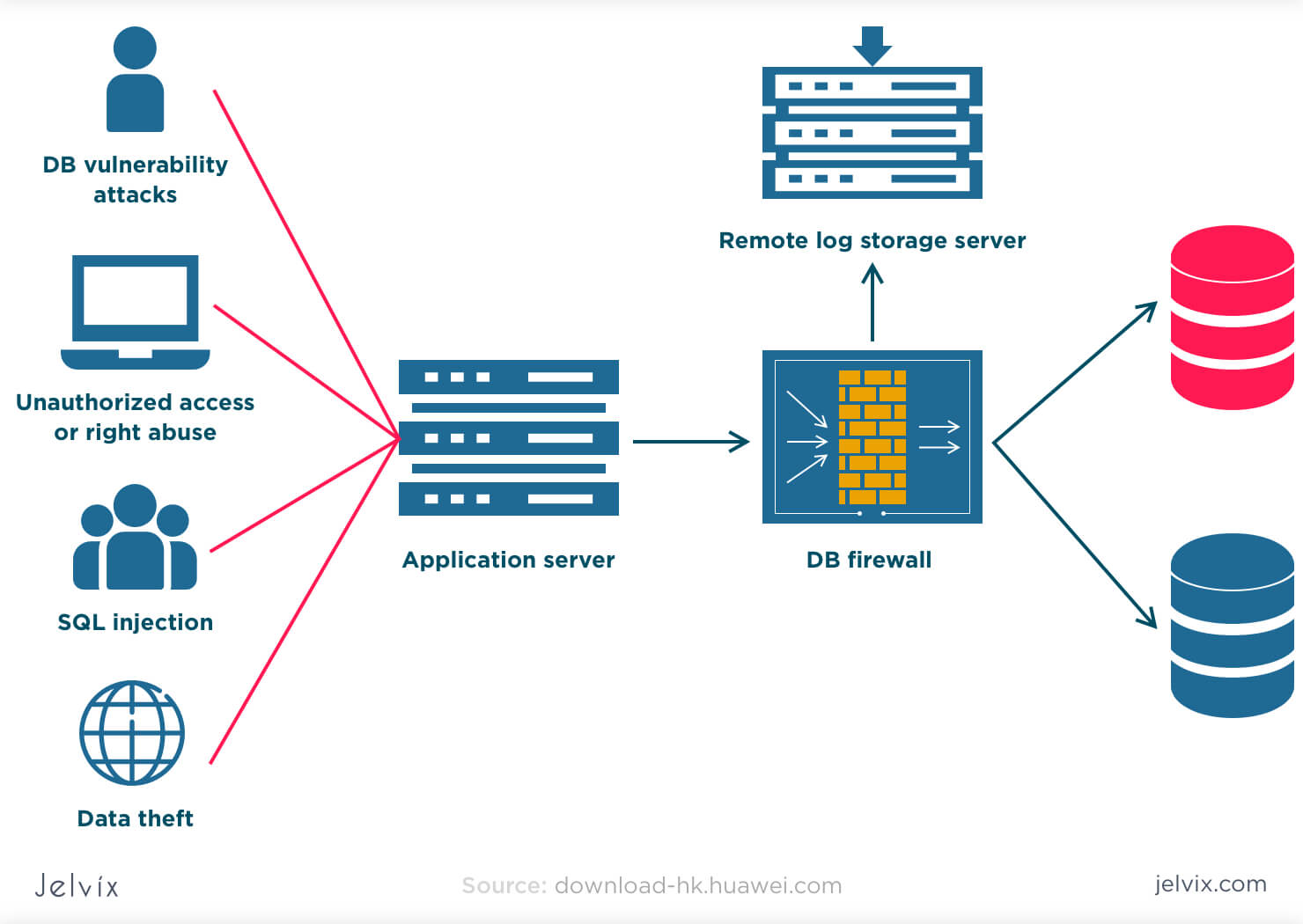Quantum computing has been a buzzword in the tech industry for quite some time now, and for good reason. With the unlocking of the power of quantum computers, we are entering a new era of computing that promises to revolutionize the way we tackle complex problems. In this blog post, we will explore the possibilities of quantum computing and shed light on its potential applications across various fields.
Before we dive into the possibilities, let’s briefly understand what quantum computing is all about. Unlike classical computers that use bits to process information as 0s and 1s, quantum computers use quantum bits, or qubits, which can exist in multiple states simultaneously. This unique property, known as superposition, allows quantum computers to perform complex computations at an exponential speed compared to classical computers.
Now, let’s explore the potential applications of quantum computing:
1. Optimization: Quantum computing has enormous potential in solving optimization problems. This includes optimizing supply chains, logistics, transportation routes, and even financial portfolios. With its ability to process vast amounts of data and consider multiple variables simultaneously, quantum computers can find the most efficient solutions to complex optimization problems.
2. Drug discovery: The process of discovering new drugs is often time-consuming and costly. Quantum computing can accelerate this process by simulating the behavior of molecules at a quantum level. Pharmaceutical companies can leverage the power of quantum computers to design more effective drugs, potentially revolutionizing the healthcare industry.
3. Cryptography: Quantum computing also poses a challenge to existing cryptographic systems. Quantum computers have the potential to break traditional encryption algorithms, making current data protection methods vulnerable. However, researchers are actively working on developing quantum-resistant encryption techniques, known as post-quantum cryptography, to ensure data security in the age of quantum computing.
4. Machine learning: Quantum computing can greatly enhance machine learning algorithms by processing and analyzing large datasets more efficiently. It can improve pattern recognition, data clustering, and optimization tasks, paving the way for advancements in areas such as image recognition, language processing, and predictive analytics.
5. Financial modeling: Complex financial modeling, risk analysis, and portfolio optimization can benefit from quantum computing. With the ability to consider multiple variables simultaneously, quantum computers can provide more accurate predictions and simulations, helping financial institutions make informed decisions and mitigate risks.
6. Climate modeling: Climate change is a pressing global issue, and quantum computing can contribute to mitigating its impact. Quantum computers can simulate complex climate models and analyze large-scale environmental data to predict climate patterns more accurately. This can aid in developing strategies to combat climate change and reduce its consequences.
7. Material science: Quantum computing can revolutionize material science by simulating and predicting the behavior of materials at a quantum level. This can lead to the discovery of new materials with extraordinary properties, enabling breakthroughs in fields such as energy storage, electronics, and manufacturing.
In conclusion, the possibilities of quantum computing are vast and exciting. From optimization and drug discovery to cryptography and machine learning, this emerging technology has the potential to transform various industries. As researchers continue to push the boundaries of quantum computing, we can look forward to a future where complex problems are solved faster and more efficiently, opening doors to new advancements and discoveries. Stay tuned to witness the exciting developments that lie ahead in the world of quantum computing!











